Snubbing the French is a foolish mistake
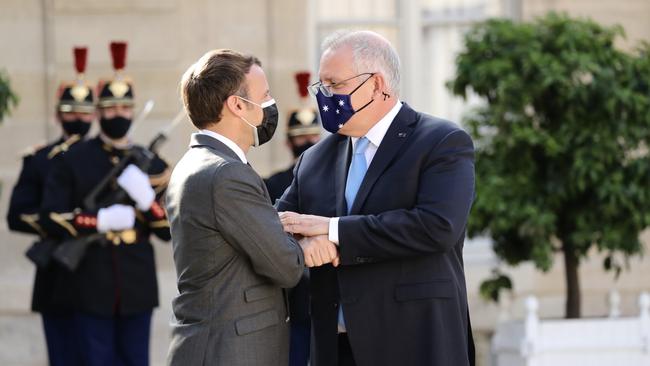
The defence secretary was Sir John Nott. “In so many ways,” he writes in his memoir, “Mitterrand and the French were our greatest allies . . . They lent the RAF a Super-Etendard and Mirage aircraft . . . so our Harrier pilots could train against them . . . [They] supplied us with detailed technical information on the Exocet, showing us how to tamper with the missiles.” Exocets [he writes] were trading on the international arms market, [white] South Africans and the Israelis were “making strenuous efforts to help Argentina” but, armed with the secret French codes, Britain could now identify these deadly missiles for sale, and disable them.
Nott’s job was not made easier by the United States. At first disposed to be neutral in the conflict, Washington ordered its military base on [British] Ascension Island to refuse permission for RAF Vulcan bombers to refuel there en route to the Falklands. We did persuade our purported allies to change their minds. But it was France that came fastest and most readily to Britain’s support.
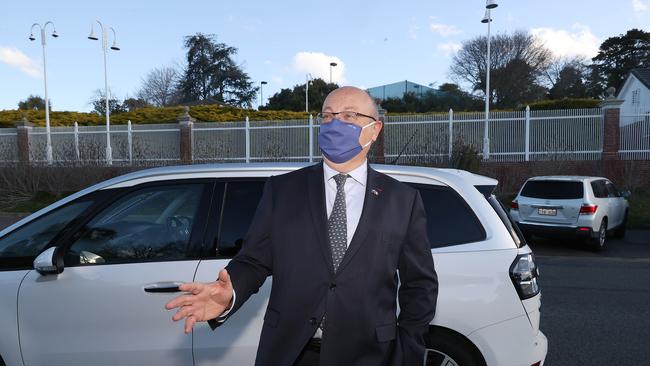
Nearly 30 years later there’s a growing hole in British foreign policy, and it’s France-shaped. It appears this week that while negotiating the three-sided AUKUS (Australia, UK, US) military pact to contain Chinese expansionism, we have utterly failed to keep the French on board. Anger in Paris at what appears a stinging insult to France is huge. And it comes after many weeks of self-defeating anti-French posturing from Britain’s publicity-seeking home secretary, Priti Patel. Our prime minister, I’d guess, just laughs it off. To these serious discourtesies I shall return.
Nobody should question the importance of our friendship with the Americans. But there’s a narrative in popular history that’s seductive (in particular) to the English and which needs sharp correction by reference to the facts. We love to talk of a special relationship with our English-speaking cousins across the Atlantic. We hope to shine like some minor moon in the reflected might of our former colony. And ever since Shakespeare’s day we’ve enjoyed thumbing our noses at the French, those prickly neighbours with their impossible language, fancy ways and pretensions to a civilising mission.
But the truth is different. France, 21 miles from our shores and more than twice our size, is Britain’s closest and largest neighbour, the third-biggest destination for our exports and the former imperial power that most closely shares our problems, our opportunities and our complicated relationship with a world over much of which we once held sway. After we lost our nerve on nuclear-generated power and France didn’t, we’ve become increasingly reliant on the French “interconnector” to maintain our electricity supplies — a reliance exposed this week when a cable-blaze interrupted supply at the same time as the wind dropped across the British Isles. St Crispin’s day may be the myth; the reality is interdependence.
Such are the economics and the politics, but culturally and socially, too, we’re not nearly as different from the French as we think. France is, as we are, a beacon of learning, of science and innovation and of the arts; a secular country, as we are; a socially more stable society than the United States, as we are; a nation trying, as we try, to manage relative long-term decline; and troubled by the same tensions over immigration, Islamism, inequality and the compromise between free markets and social justice as we are.
The friendship between France and Scotland is anciently established, and the very idea of Scotland looms large in the French imagination — as (if we’re honest with ourselves) does the idea of France in the English imagination. Three million UK citizens are of French descent. France is home to one of the biggest populations of British expatriates in the world. The French population in London (which declined after Brexit) still exceeds that of many French cities.
But enough data. The point underlying these numbers is that France matters tremendously to Britain — matters more to us than any other European country — and in so many ways shares Britain’s experience and understanding of the world. Unlike the cravenly mercantilist Germans, France does not shirk its international responsibilities. We British have a habit of looking away from these truths.
On what imagined planet can Priti Patel suppose it possible to tow rafts of immigrants back into French waters without first applying herself to quiet negotiations with France rather than noisy press releases to Fleet Street? Trumpeting that she’s going to withhold whatever paltry sum she’d promised for their co-operation is no way to reach agreement with a neighbour that actually shares our interest in removing the immigrant-magnet from Calais. As for immigration officers on jet-skis . . . it’s contemptible.
But this week’s rift is worse. A joint declaration on Thursday by France’s defence and foreign ministers should set alarm bells ringing at the Foreign Office. Blindsided by the announcement of the AUKUS pact (and taken unawares by Australia’s abrogation of a contract to buy French submarines) the prose in the declaration has the blistering quality of genuine outrage. “Contrary to the letter and spirit [of co-operation]” . . . “the removal of an ally [France] from a [partnership]” . . . “an absence of coherence that France can only regret” . . . “the only European nation present in the Indo-Pacific region with nearly two million of its nationals and more than 7,000 soldiers, France is a reliable partner which will continue to keep its commitments there, as it has always done.” If the aim is to wound, we have achieved it.
I don’t know how far it would have been possible to meet French unhappiness over AUKUS, but grown-ups try. Failure to inform, to discuss, to confide, and the embarrassing of Emmanuel Macron as he faces presidential elections display a kneejerk Anglo-Saxon contempt for allies whose friendship we need so much. Earlier I read that we aimed to deepen military co-operation with France. How can this help? Brexit could have been an opportunity to build stronger one-to-one relations with our neighbour now we don’t have to route things through Brussels; and France would welcome a counterpoint to Germany. All this we seem to disregard.
I enjoy a joke about the froggies. The froggies enjoy a joke about les rosbifs. But those are jokes, and this is not about playfighting but about two great nations’ mutual interest in a deep, enduring, working friendship. We forget it — and I think this cabinet does — at our peril.

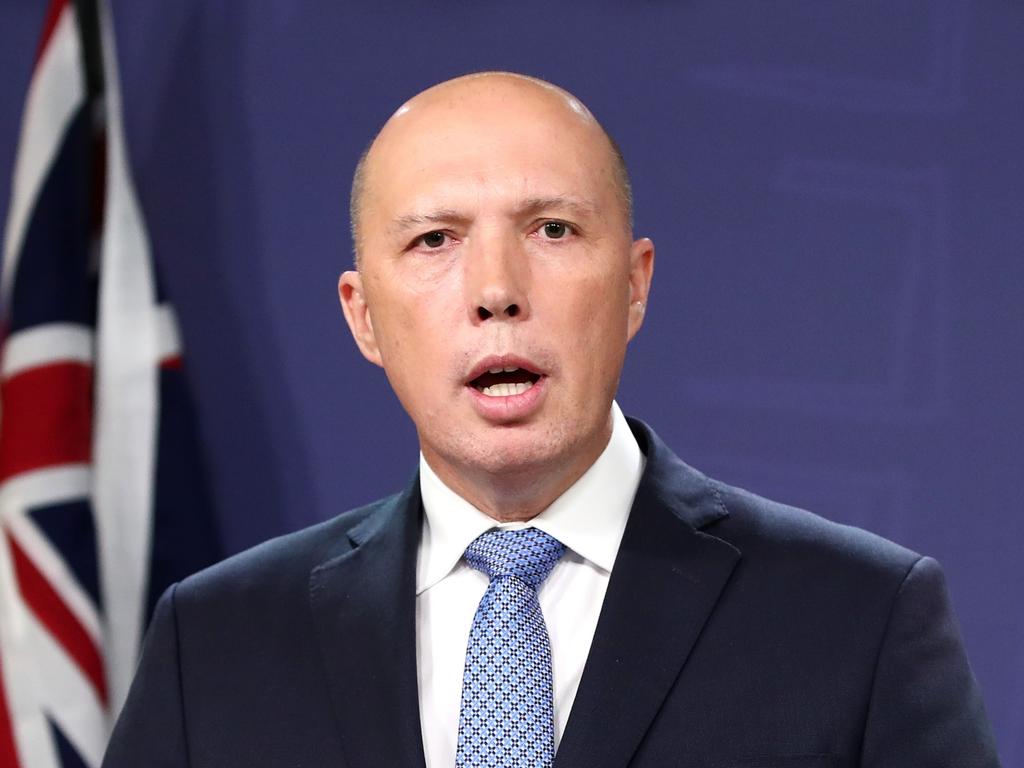
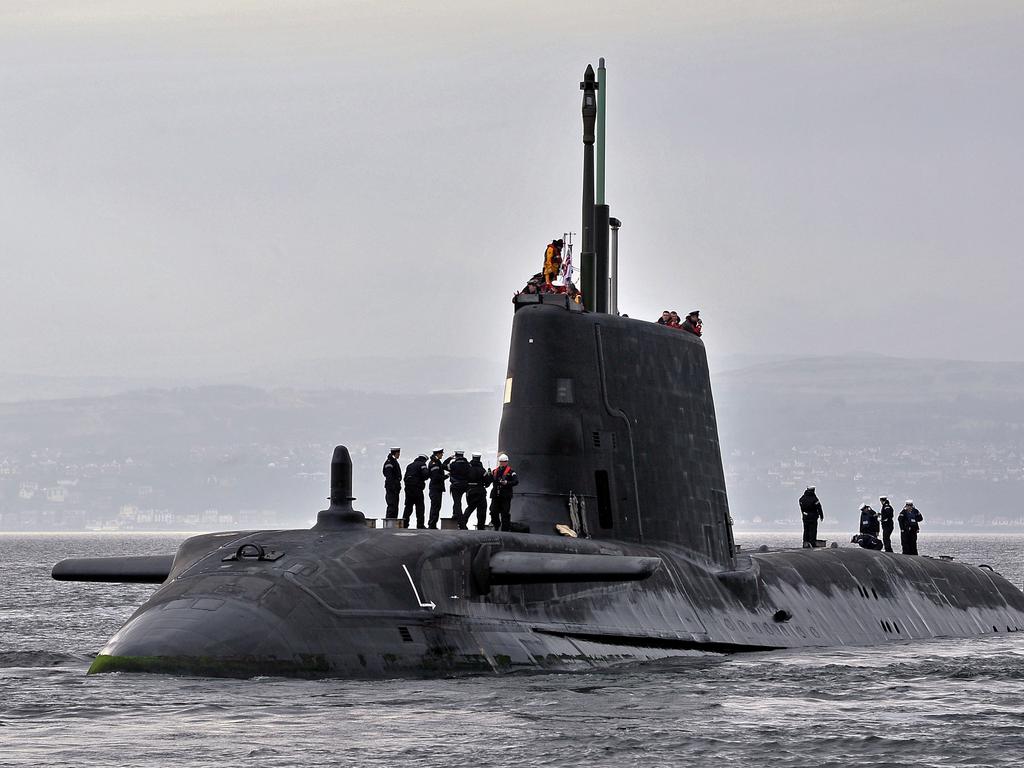
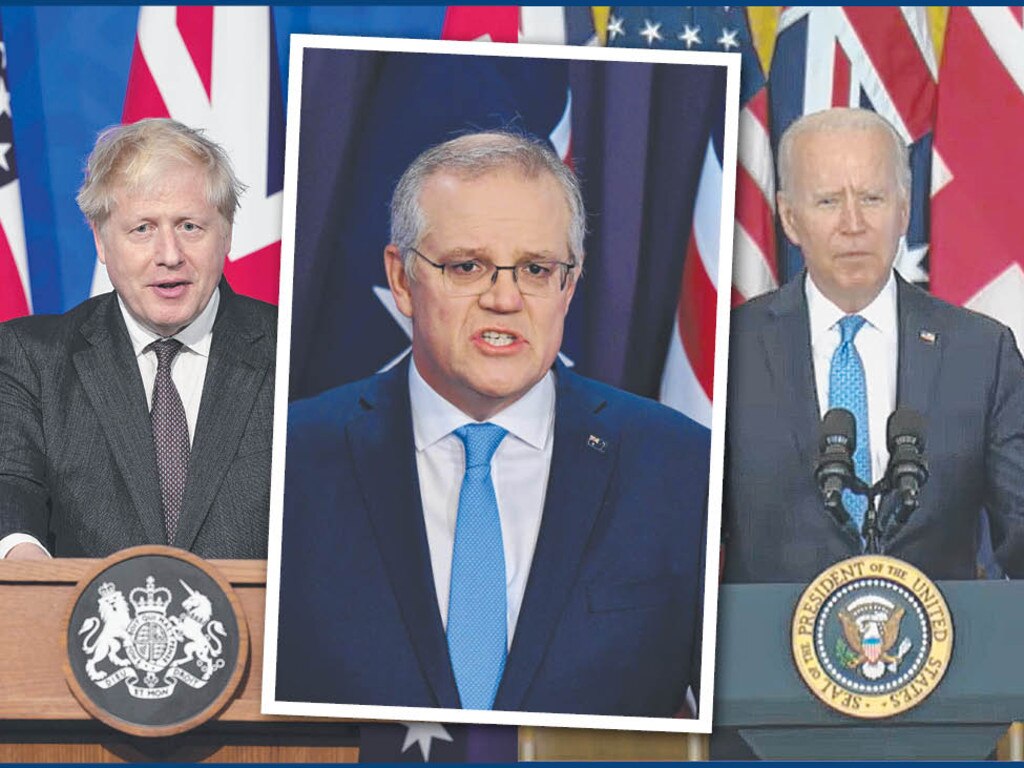


On May 4 1982, near the start of the Falklands war, Argentina’s air force fired two French-made Exocet missiles from a French Super-Etendard aircraft, wrecking HMS Sheffield, which sank after the loss of 20 lives. Secret diplomacy between Britain and France went into overdrive.